Cats get VIP meetings with potential owners, leading to spike in N.S. adoptions
Dartmouth shelter says one-on-one meeting adoption process has been a success
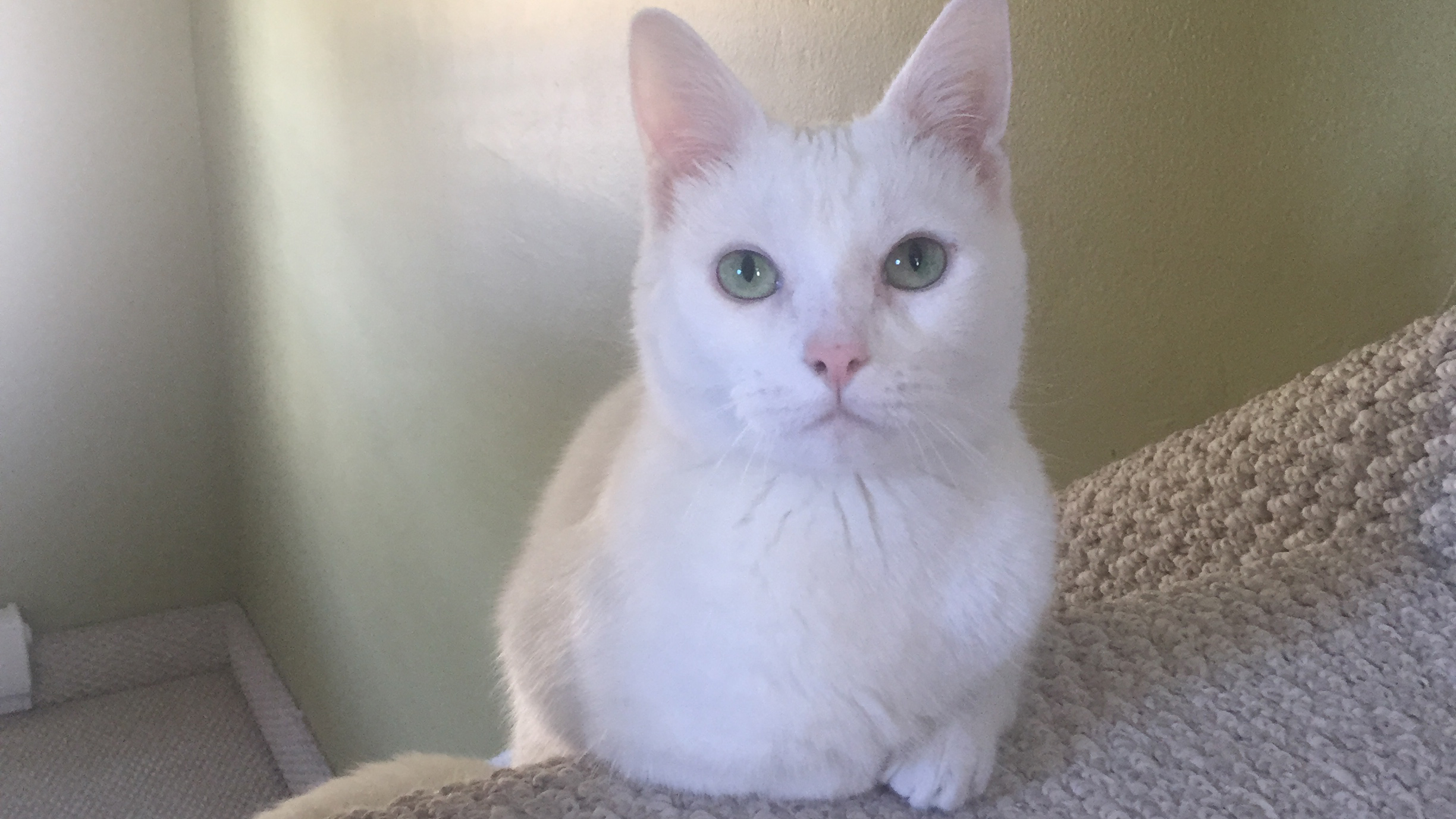
caption
Roo was adopted in 2018 by The Signal's Antonia Whelan.If you’re a cat, you may not know that the world is in the midst of a global pandemic.
Those who work at animal shelters, however, have had to come up with a way to keep the public’s interest in their cats, and ensure them a safe home — all while following public-health guidelines.
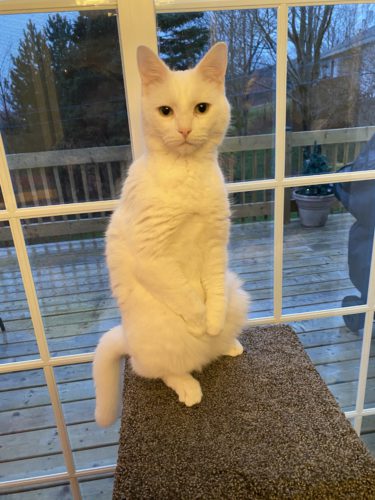
caption
Although Roo stands on his back legs like a human, he is not aware of the current pandemic. He is suspicious, however, that his owner is now always at home.Cats are still steadily coming and going to local animal shelters across Atlantic Canada, and despite current health and capacity restrictions, they still need homes.
Some shelters are doing completely contactless adoptions, having the adopter decide if they would like to adopt a pet based on a photo and a bio. Others are doing it a little differently, but still keeping in place the correct safety procedures due to COVID-19.
At Bide Awhile Animal Shelter in Dartmouth, cat adoptions in particular have been going steady despite the pandemic.
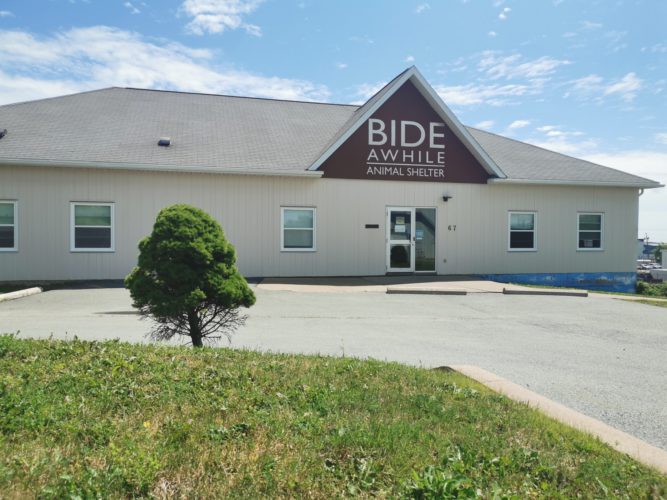
caption
Bide Awhile animal shelter in Dartmouth, N.S., has seen a steady stream of cat adoptions over the past year.Melissa McPhee, communications co-ordinator at Bide Awhile, explained the current adoption process at their shelter that has been in effect since April 2020. She talked about what happens after a person shows interest in an animal that is up for adoption on their website.
“Initially there is a phone interview that takes place … we ask them a few questions like if there’s any other animals in the house. We get a sense of who they are and if it’s gonna be a right fit,” she said.
McPhee said their animal-care manager listens to the adopter’s concerns, and after hearing a bit more about the person and their home, she may suggest meeting the specific cat the person is interested in or a different one to suit their needs.
The phone interview is followed by an in-person appointment, where only one person is allowed in the shelter at one time but they can video chat other people while meeting the cat.
Then, they can decide if they would like to take the cat home the same day.
“It’s been going amazing … we’ve been able to find out almost more about the people who are adopting through the phone interviews,” said McPhee.
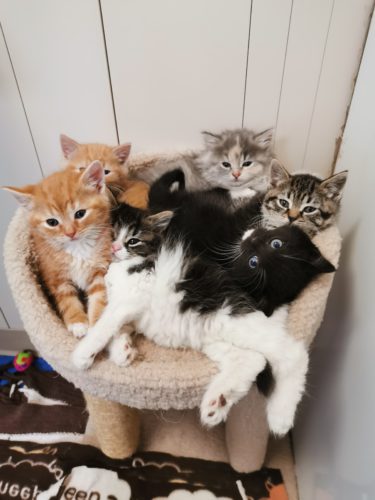
caption
Some cats who have all already found their new homes at Bide Awhile.She also noted that normally in one year, Bide Awhile adopts out about 300 to 350 cats. In the past year since the start of the pandemic last March, she said they’re right on the mark with around 300 cats adopted so far.
“Cats have been going like crazy, there’s a lot of people looking for cats right now,” she said.
McPhee said she’s heard from people who have been looking for cats for a while, but now that they have more time working from home, they feel now is the right moment to adopt.
“They feel they have more time to spend with the cat now … get them in their home, get them comfortable,” said McPhee.
She also mentioned that there has been no increase in surrenders at their shelter, and that they “haven’t had a single cat come back” from those who were adopted during the pandemic.
Over in Newfoundland, Dale Jarvis said that the pandemic turned out to be the best time to bring in a new cat.
Jarvis adopted his newest kitty, Wilfred Wellington-Boots, from the Baccalieu Trail SPCA in Newfoundland during the pandemic.
He said that the adoption process went smoothly, and that he was the one who had initially discovered the colony of kittens that were abandoned.
“I decided we’d keep number 5 of the first batch of kittens. He had been living under a broken-down pickup truck, and was a little ball of flea-ridden fluff that fit into the palm of my hand,” he said.
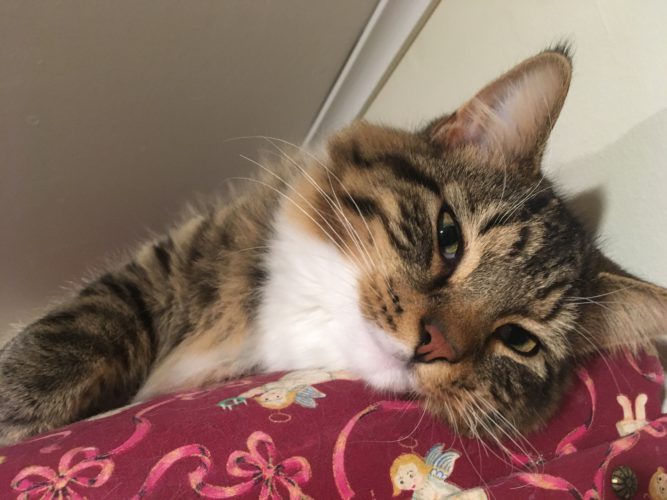
caption
Wilfred Wellington-Boots has settled comfortably into his new home after being adopted from the SPCA.Jarvis noted that during the pandemic he and his wife were working from home, and that this helped ease Wilfred Wellington-Boots into his new home with all their other pets since they could always be there.
“Wellington is fitting in fine with his two cat siblings and our six-year-old rescue mutt Bentley,” said Jarvis.
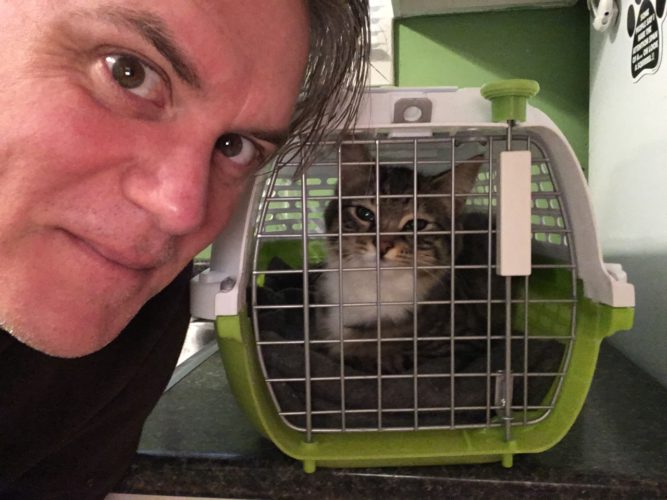
caption
Wellington-Boots and his owner, Dale Jarvis.Since then, Jarvis and his wife have taken in a few foster kittens as well, and Wellington has reportedly been an “enthusiastic foster-brother.”
About the author
Antonia Whelan
Antonia (she/her) is a journalism student and classical pianist based in St. John's, NL.
